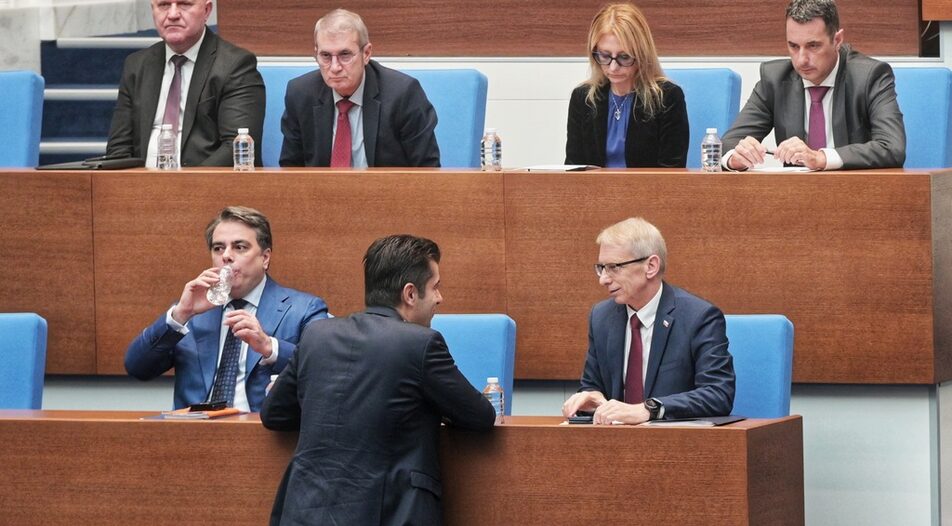Inflation will fall in 2024, says Finance Ministry
The Finance Ministry foresees a growth of the GDP of 3.2%, an average annual inflation of 4.8% and a deficit of 3% of the GDP, with which the requirements for joining the Eurozone will be met.
The government has set itself the goal of adopting the euro from January 1, 2025. Finance Minister Assen Vassilev recently stated that he expects the average annual inflation for 2023 to be below 7%. In the budget for 2024, 1 billion levs will be earmarked for municipal projects, Vassilev added.
Gas price will increase in November
State gas distributor Bulgargaz expects the regulated price for the gas market in November to surpass the recent October 11 projection thanks to the increase on the TTF European Index and fewer LNG quantities delivered to the Bulgarian network. The new gas price is expected to be around 80 levs/ MWh.
The company predicts that the price in November will be 15% lower than the price on the European benchmark where it is around 100 levs/ MWh. In its previous submission to the regulator, the supplier forecast 67.27 levs/MWh, while the current price for October is 60.41/MWh.
Bulgaria's lending rate continues
Lending continues unabated and deposits are still growing, according to BNB data as of September.
Bulgaria continues to have the cheapest mortgage loans in the EU, with the average interest rate on new loans pegged since August at an average of 2.61%. In terms of consumer credit loans, there is even a slight drop in interest rates compared to August - from 8.66 to 8.59%.
Overall lending growth, which fell below 10% in August, has nudged above that mark to 10.2%, driven this time by corporate loans. In total, loans for businesses and households exceeded 80 billion levs for the first time.












